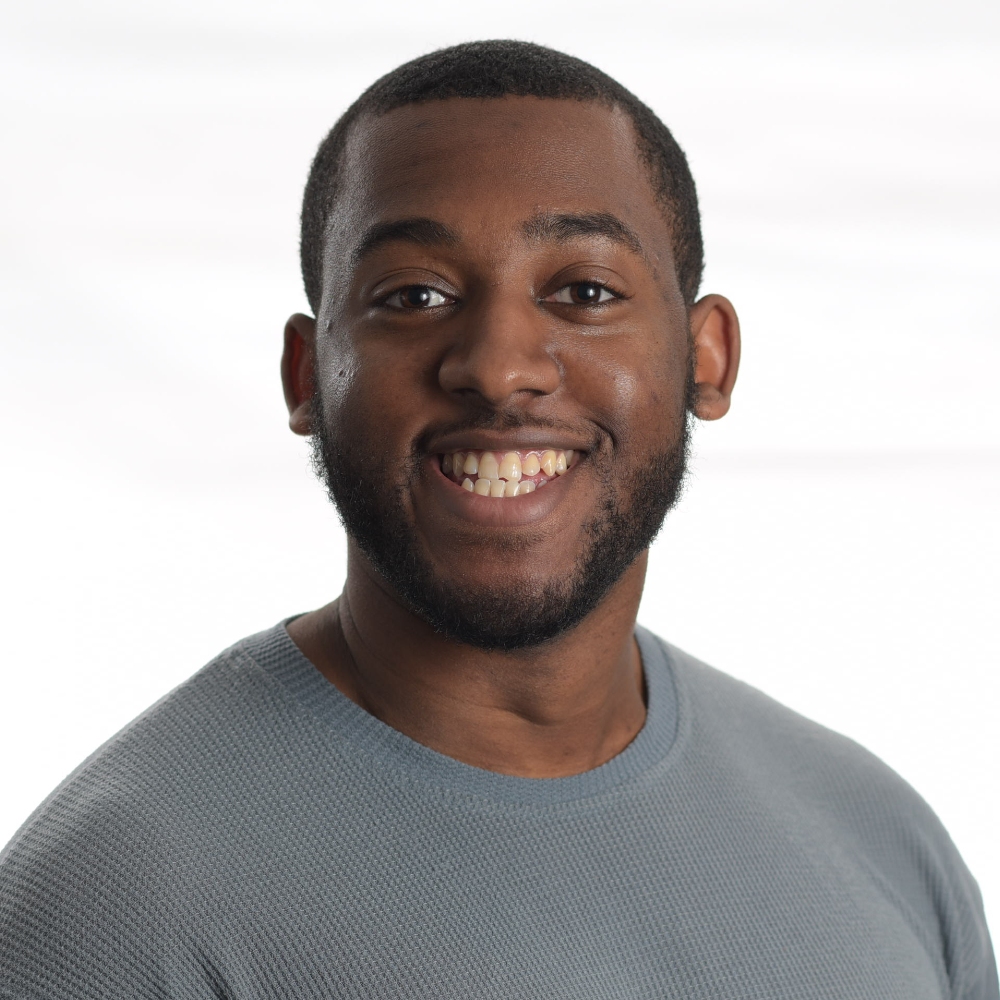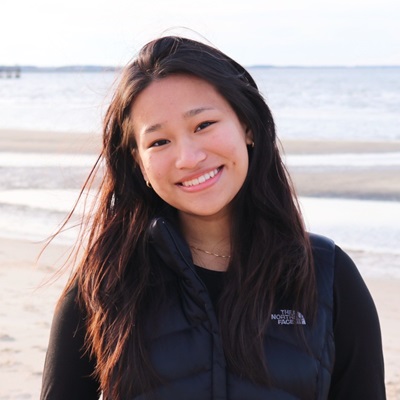Founded on the idea of equal exchange between countries and cultures, the Fulbright U.S. Student Program is the world’s largest and most diverse international educational exchange program. Each year, over 2,200 graduating college seniors, graduate students and young professionals are awarded the opportunity to pursue graduate study, conduct research or teach English in 140 participating countries. This year, five Drexel students and recent alumni have been selected as recipients, including two from the College of Arts and Sciences: Daouda Njie, BS environmental science '22, who was awarded a study/research grant to Fiji, and Neha Chongtham, biological sciences '23, who will serve as an English teaching assistant in Malta.

Growing up in Philadelphia, Daouda Njie was a “city boy” who dreamed about one day traveling abroad to study tropical ecosystems. “I loved nature and I always read about places like the Amazon rainforest or Madagascar rainforest and imagined going somewhere like that,” he recalled.
During his sophomore year as an environmental science major, he studied abroad on the island of Bioko in Equatorial Guinea, but even after graduating, Njie was initially hesitant to apply for something as prestigious as Fulbright.
After building a tidal simulator to study how changes in tidal regimes effect marsh plant growth and presenting his research to the Department of Biodiversity, Earth and Environmental Science, faculty members encouraged him to apply. “That's where it started, from them telling me, ‘You should really apply. I think you’d be good. I think you'll get it,’” Njie explained.
Since graduating last year, Njie has been working as a field technician and curatorial assistant at the Academy of Natural Sciences, where his work has included traveling to salt marshes to measure salinity and track sea level rise—key indicators of the ways climate change is affecting these coastal ecosystems. In Fiji, he will expand upon this research, which he first started as an undergrad and hopes to continue in graduate school following the Fulbright experience.
Njie was drawn to Fiji because of the island country’s strong sense of culture, as well as the opportunity to continue his research on nature-based infrastructure solutions. His research will measure the amount of carbon stored in sea grass meadows to determine how well they absorb wave impact. “This work is important because as climate change effects coastal ecosystems more, sea grass meadows and other natural ecosystem can help combat climate change by trapping carbon underground and be a physical barrier from strong waves in coastal communities,” he explained.
Perhaps even more than the research he’ll be doing, Njie is looking forward to meeting new people in Fiji. “I love learning about new cultures, especially when it challenges your own thought process,” he said. "I like those small moments where you learn something new about their food, or deeper moments about how people view race differently. Fiji is very culturally diverse, so it will be a chance to broaden my perception of the world. I want to keep growing as a person.”

Ever since middle school, when she taught swimming lessons to kids with disabilities, Neha Chongtham has been interested in teaching. She has also volunteered extensively with local organizations teaching English to refugee teens and instructing children in Spanish. When she decided to take a gap year before starting medical school, Fulbright seemed like the perfect opportunity to expand her teaching skills and help break down cultural barriers in the process.
“I believe teaching is a big principle in medicine, mainly because I'm interested in patient empowerment,” Chongtham, who is currently working as a cancer researcher at Penn Medicine, explained. "Oftentimes when you're teaching, you're empowering students, because you're exposing them to all the details they can learn and giving them the opportunity to make their own choices and have a say in their own education. That’s the type of model that I want to represent in the medical field as well. When a doctor tells a patient what their diagnosis is and what kind of treatment options they have, I want them to be able to say, 'I want to do this,’ or ‘I don't want to do this.’”
Working alongside local teachers, Fulbright English Teaching Assistants help teach the English language while serving as cultural ambassadors for the U.S. Because of her interest in working with refugees, immigrants and asylum seekers, Chongtham was drawn to the Mediterranean island country of Malta and its large population of displaced people.
She credits her Drexel education with her passion for civic engagement. “I would learn something in class, and then be able to apply that into my service activities,” she said. “With my Spanish minor, we learned about language justice and restorative justice, and I was able to apply that in my teaching. And now as a cancer researcher, I'm trying to find those same types of ideals, especially in language justice, to make sure each demographic of our patients is accounted for.”
"I’m really excited to teach again, and I’m also very excited to travel,” Chongtham said as she looks ahead to embarking on the Fulbright journey after graduation. “I think this will be a great experience for me.”